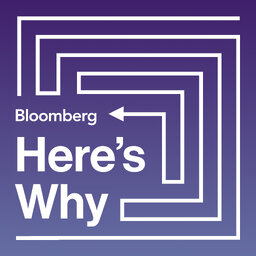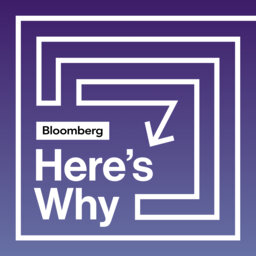Here's Why Vaccine Hesitancy Is A Growing Problem
Public health experts have expressed alarm over Donald Trump picking a vaccine-skeptic to head the US Department of Health and Human Services. Robert F. Kennedy Jr.'s nomination comes as falling vaccination rates for diseases such as measles have led to a spike in cases globally. What's behind anti-vaccine sentiment, how is it evolving and what effect is it having on public health? Sam Fazeli, PhD in pharmacology and Director of Research at Bloomberg Intelligence, joins host Stephen Carroll to discuss.
In 1 playlist(s)
Here's Why
Here’s Why answers the questions behind today’s biggest news stories in just a few minutes. Each ep…Social links
Follow podcast
Recent clips

Here's Why AI Is Fueling a Borrowing Boom
10:50

Here's Why Canada is Pushing an Alternative to Trump's World
09:10

Here's Why Nuclear Brinkmanship is Back
07:52
 Here's Why
Here's Why